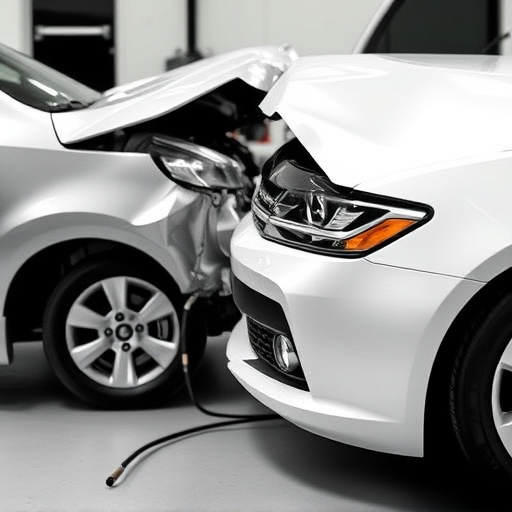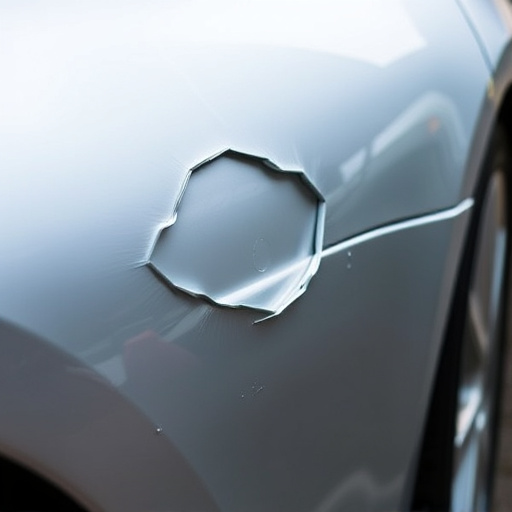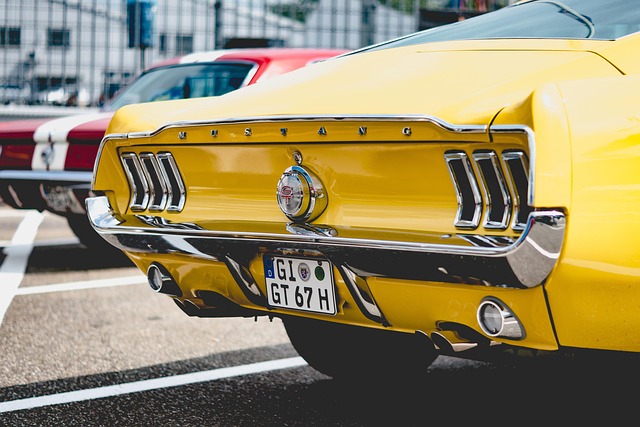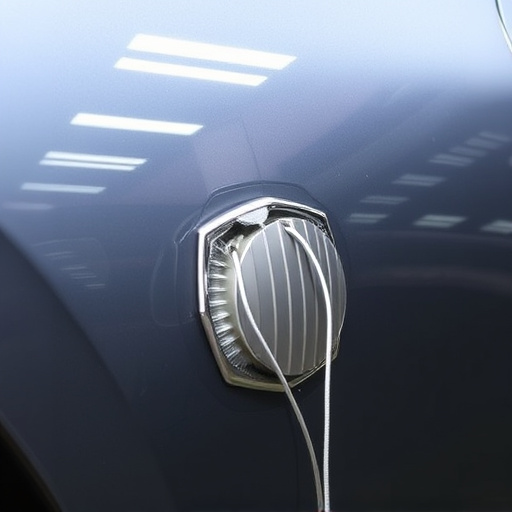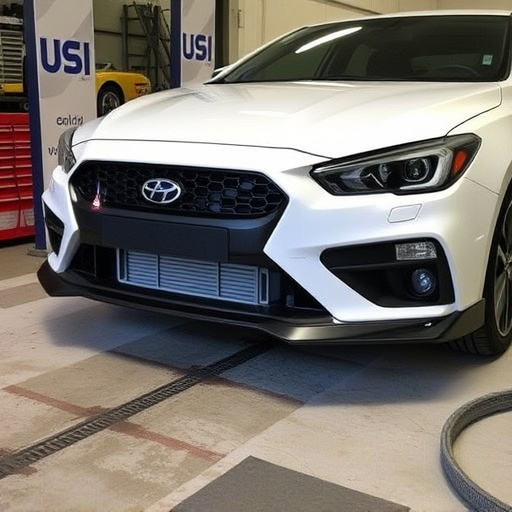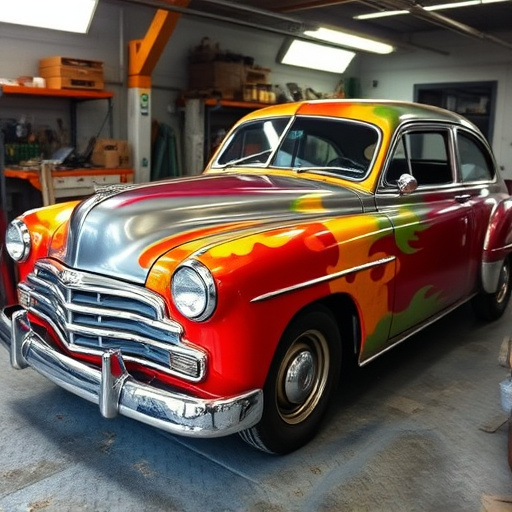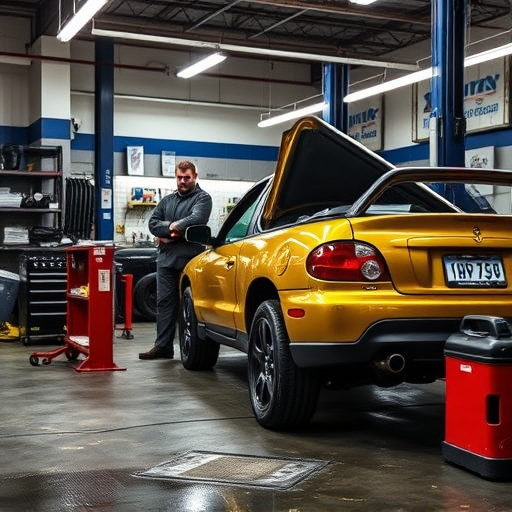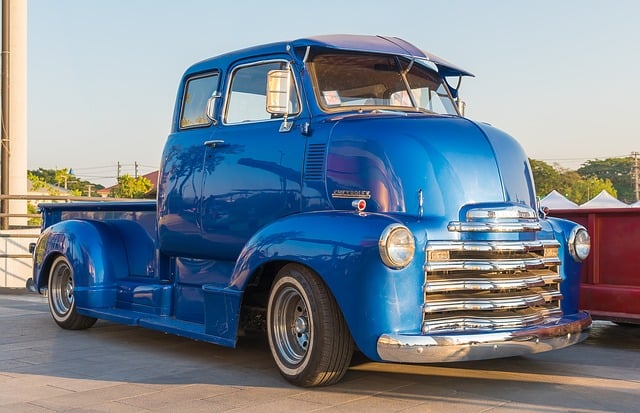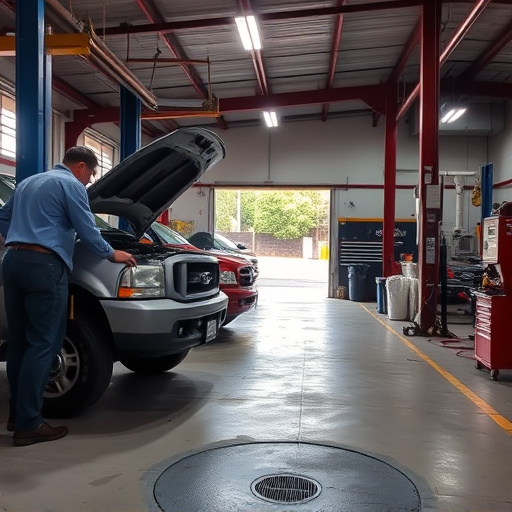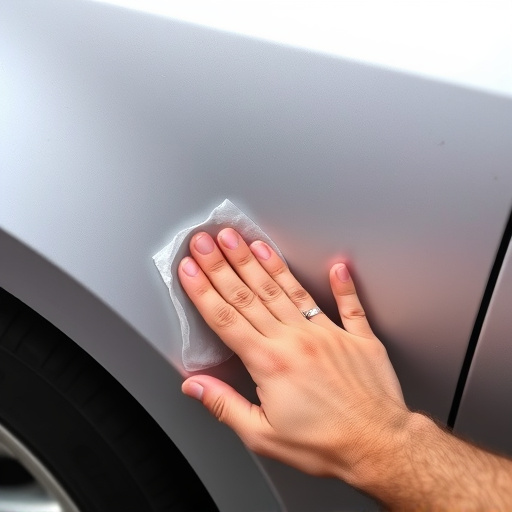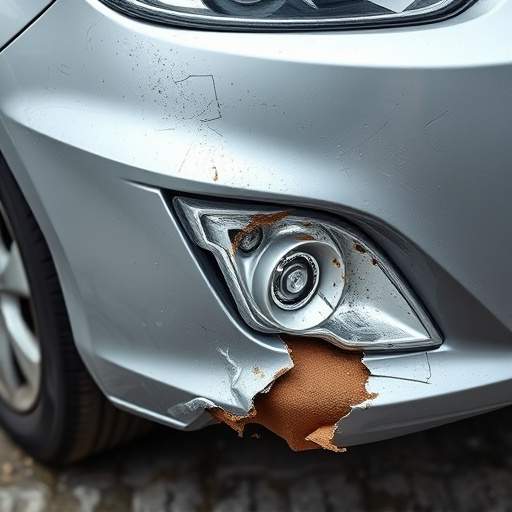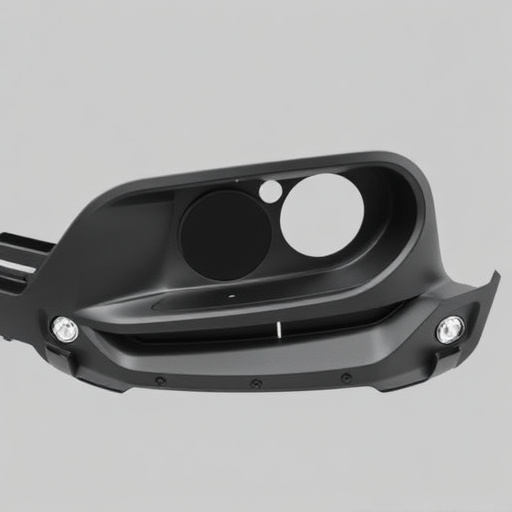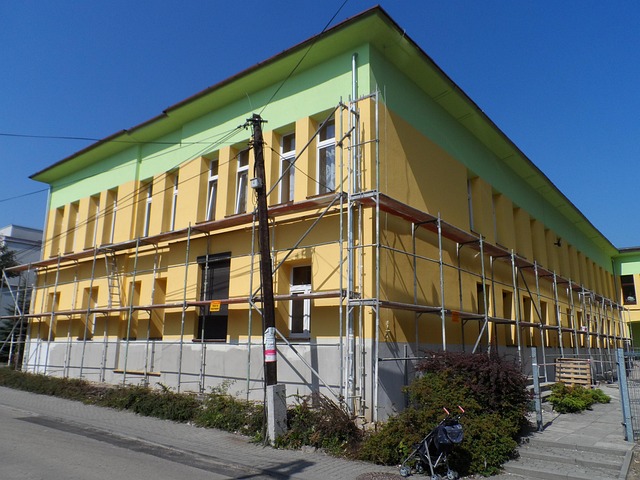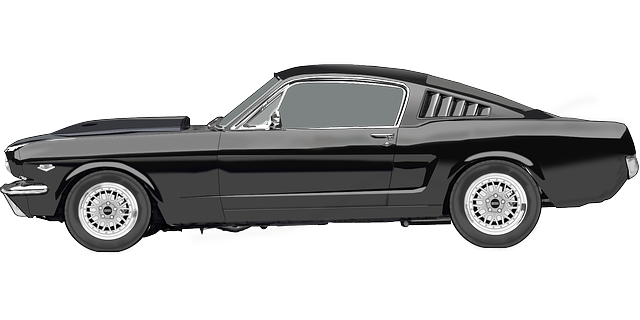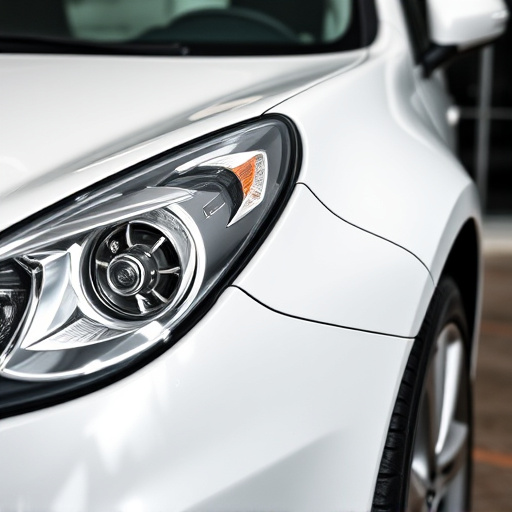Mercedes employs advanced factory welding methods that adhere to Euro NCAP and global safety standards, ensuring structural integrity and passenger protection in all its vehicles. They continuously innovate to enhance weld durability, setting industry benchmarks and fostering excellence in automotive repair for both new models and classic cars, ultimately providing drivers with peace of mind regarding vehicle safety and reliability.
Mercedes-Benz, renowned for its luxury and innovation, prioritizes safety above all. The brand adheres to stringent Euro NCAP standards and global collision safety regulations, ensuring every vehicle manufactured meets peak structural integrity requirements. Through advanced welding techniques, Mercedes ensures their cars withstand rigorous testing. This article explores how Mercedes’ factory welding methods align with Euro NCAP guidelines, enhancing passenger protection without compromising on the brand’s signature craftsmanship.
- Understanding Mercedes' Commitment to Safety Standards
- Euro NCAP: A Global Benchmark for Collision Safety
- Advanced Welding Techniques: Ensuring Structural Integrity
Understanding Mercedes' Commitment to Safety Standards
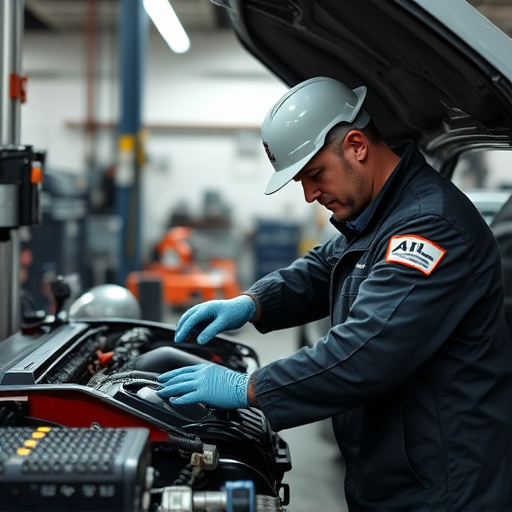
Mercedes has established itself as a pioneer in automotive safety, and its factory welding methods are no exception. The brand’s unwavering commitment to adhering to stringent Euro NCAP and global safety standards sets an industry benchmark. By prioritizing robust and precise welding techniques, Mercedes ensures that every vehicle manufactured meets the highest criteria for structural integrity and passenger protection during auto collision centers.
This dedication extends beyond mere compliance, as Mercedes goes above and beyond to innovate its factory welding methods. Through continuous research and development, they strive to enhance the durability and strength of welds, contributing to the overall safety and reliability of their vehicles in vehicle restoration and repair processes. This focus on excellence guarantees that Mercedes drivers can have peace of mind, knowing their vehicles are built to withstand even the most challenging situations.
Euro NCAP: A Global Benchmark for Collision Safety
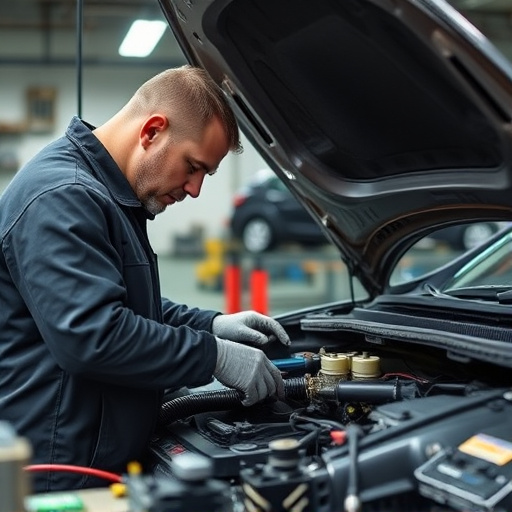
Euro NCAP sets a global benchmark for collision safety, evaluating vehicles across various categories to ensure they meet stringent safety standards. As a leading manufacturer, Mercedes prioritizes adhering to Euro NCAP guidelines in its factory welding methods. This commitment translates into robust and reliable car bodywork, ensuring the structural integrity of every vehicle produced.
Mercedes’ manufacturing processes, including its factory welding techniques, are designed to meet or exceed these international safety requirements. By focusing on precision and quality control during autobody repairs, Mercedes maintains a high standard across its global vehicle repair services, ultimately contributing to safer driving experiences for all.
Advanced Welding Techniques: Ensuring Structural Integrity
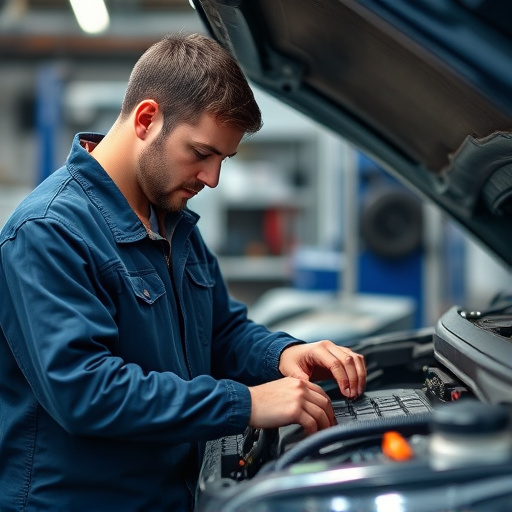
Mercedes factory welding methods employ advanced techniques to ensure structural integrity across all their vehicles. These methods adhere to stringent Euro NCAP and global safety standards, setting a benchmark for the automotive industry. By utilizing cutting-edge technology, such as laser and robot-assisted welding, Mercedes guarantees precise and consistent results.
These innovative practices are integral to the meticulous craftsmanship that goes into every car produced in their factories, be it for new models or in renowned classic car restoration processes handled by specialized automotive body shops. The precision engineered welds not only enhance vehicle safety but also contribute to the overall durability and performance of each Mercedes-Benz, fostering a reputation for excellence in the car repair shop and beyond.
Mercedes’ adherence to Euro NCAP and global safety standards is evident through its advanced factory welding methods. By employing cutting-edge techniques, Mercedes ensures the structural integrity of its vehicles, setting a benchmark for collision safety in the automotive industry. These methods not only meet but exceed regulatory requirements, showcasing Mercedes’ commitment to protecting occupants and fostering trust among consumers.
